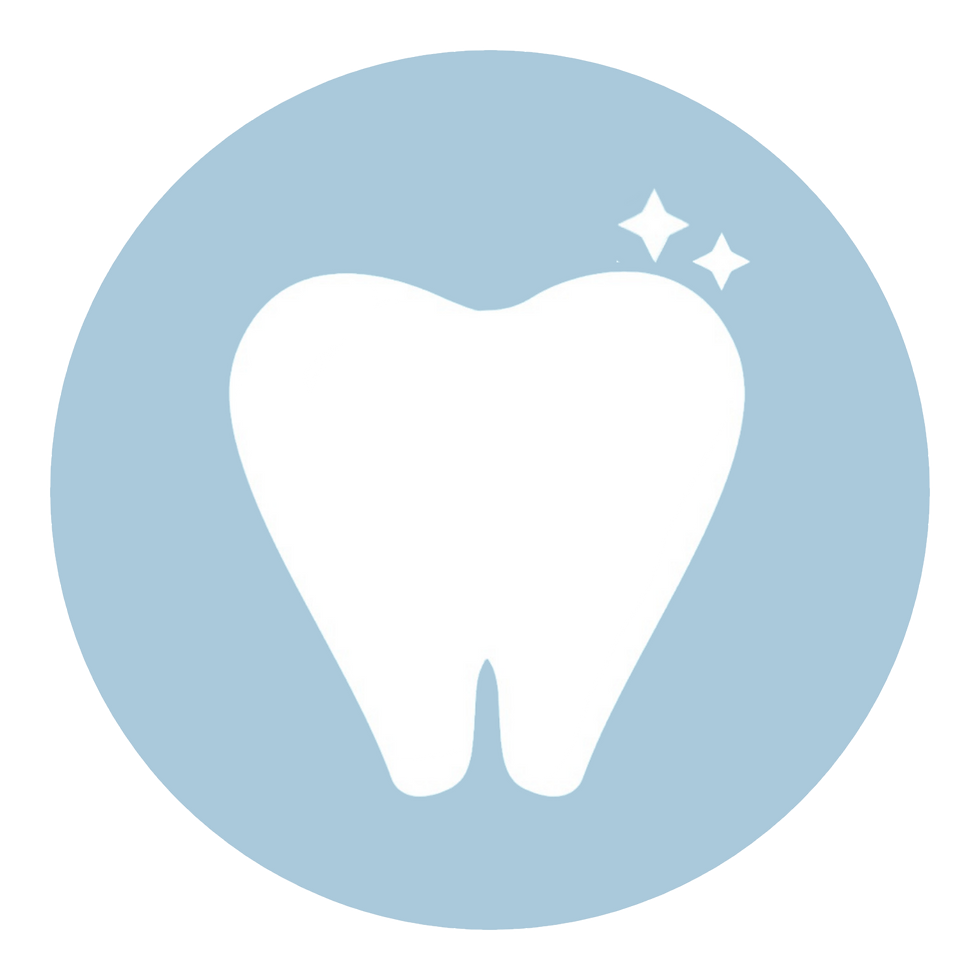What causes bad breath?
- TeethTab México
- Jun 10, 2022
- 2 min read
Halitosis, better known as bad breath, is a very common condition. In Mexico for instance, 80% of the population admits having suffered from halitosis, mostly caused by tooth cavities.

Bad breath is usually an indication of other pathologies.
The common morning breath is presented, in most cases, by the accumulation of saliva during the night, the decomposition of food particles in the mouth and the lack of fluid intake during this time.
Among the causes of bad breath, there are some foods (such as coffee, alcohol, tobacco, onion, garlic), diseases and habits.
Dry mouth: Saliva naturally cleanses the mouth. If the mouth is dry, either from natural causes or due to a specific disease, such as xerostomia, odors can build up.
Dental hygiene: Brushing and flossing ensure the removal of small food particles that can accumulate and slowly decompose, producing a bad odor. Even dentures that are not cleaned regularly or properly can also harbor bacteria that cause halitosis.
Crash diets: Fasting and low-carbohydrate eating programs can cause halitosis. This is due to the breakdown of fats producing chemicals called ketones that have a strong aroma.
Certain medications can reduce saliva and thus increase odours. Other drugs can produce odors as they break down and release chemicals into the breath.
Mouth, Nose, and Throat Conditions: Small bacteria-covered stones can form on the tonsils at the back of the throat and produce an odor. Also, infections or inflammation in the nose, throat, or sinuses can cause halitosis.
IMPORTANT: Bad breath can be caused if they have a foreign body lodged in their nasal cavity, especially in children.
It is essential to find the cause of bad breath to know how to treat it

Remember, if you follow a varied diet, avoid this type of food, have healthy enamel, and brush two or three times a day, you will be safe from bad breath ;)

Thank you for reading us.
Your team, TeethTab.
También puedes encontrar este post en: Español.

コメント